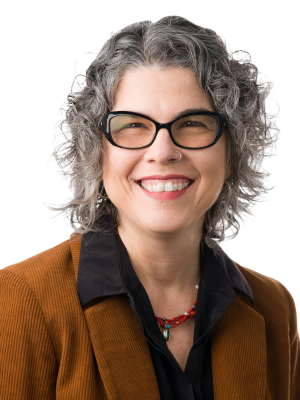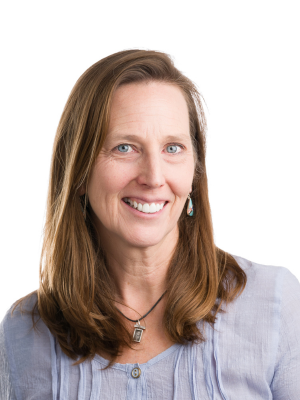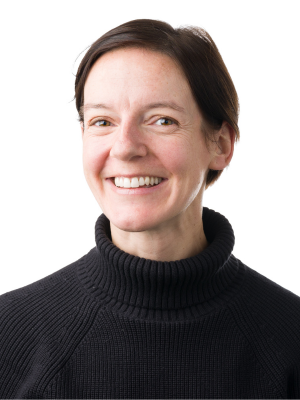Course Highlights
The Combined Specialization's strengths are in the integration of science and practice and in its commitment to diversity. These are exemplified by the specialization's philosophy and curriculum. Courses in Evidence-Based Practice (PSY 6150 and PSY 6750), a three-semester course sequence in Diversity Issues in Treatment and Assessment (PSY 6290, 6291, & 6292), and clinical training that builds upon the foundation provided in the integrated practicum with children, adolescents and adults (PSY 7350) are among its core training experiences.
Students in the specialization are funded with tuition awards and stipends. Applicants and students can find a complete specialization overview including specialization aims, policies, evaluation criteria and more in the current Combined Clinical/Counseling specialization handbook.
Program Structure
Enrollment in the USU PhD program requires full-time, in-residence participation by all students. Students entering the program with a bachelor’s degree typically spend five years on campus, engaging in didactic, research, and clinical training activities that constitute full-time effort. Most students apply for internship during their fifth year, and complete the full-time, in-residence internship during their sixth year. Students entering the program with prior graduate work (including a completed master’s degree) spend at least four years in residence prior to the pre-doctoral internship due to their need to accrue necessary levels of direct, supervised clinical training hours.
Application Requirements
Submit the following to the School of Graduate Studies:
- Application
- Statement of Purpose/Intent - Recommended length of 500-1000 words
- CV
- Three Letters of Recommendation
- Official Transcripts from All Previous Schools
Admission Criteria:
- GPA for the last two years: (this minimum standard may be waived in cases in which applicants are exceptional in other areas)
- Undergraduate minimum standard 3.2
- Graduate Program minimum standard 3.5
- Fit with a current faculty member affiliated with the specialization
Applications are due by December 1st.
This specialization will be conducting invitation only interviews of applicants in a hybrid format on January 31, 2025.
Combined Clinical/Counseling Labs
ACT Research Group | Mike Levin & Mike Twohig
The USU ACT Research Group is dedicated to research, training, and clinical services based on Acceptance and Commitment Therapy (ACT).
Alzheimer's Disease & Cognitive Disorders Lab | JoAnn Tschanz
The Alzheimer's Disease and Cognitive Disorders Lab investigates risk factors for Alzheimer's disease and related disorders.
Cultural & Mental Health Lab | Melanie Domenech Rodriguez
The Culture & Mental Health Lab is engaged in independent research in an interdependent context. Project content is in parenting, cultural values, microaggressions, and evidence-based interventions.
Physical Mental Health Interactions Lab | Maria Kleinstaeuber
The Physical Mental Health Interactions Lab synthesizes basic and health-related intervention research to understand the role of psychological factors in the etiology and treatment outcomes in populations with somatic symptom disorders.
PR2IDE Lab | Renee Galliher
The PR2IDE Lab engages in a range of independent and collaborative projects that broadly fall under the umbrella of research in identity development.
Sexual, Gender, and Religious Identities Lab | Tyler Lefevor
The Sexual, Gender, and Religious Identities Lab examines sexual, gender, and religious identity development and their mental health implications.
Tohi Lab | Melissa Tehee
The Tohi Lab research focuses on the physical, spiritual, and psychological health of ethnic and racial minorities.
Accreditation
Our doctoral specialization has been continuously accredited by the American Psychological Association since 1975 (formerly as the Combined Clinical/Counseling/School specialization). See student admissions, outcomes, and other data for the specialization. Questions regarding accreditation and complete information on those guidelines and principles are available through:
Office of Program Consultation and Accreditation
American Psychological Association
750 First Street NE
Washington, DC 20002-442
202-336-5979
Visit APA’s website
Disclosure of Educational Requirements for Licensure by State
Our specialization adheres to APA accreditation standards and prepares students for entry into the profession of health service psychology. Given the varied and changing requirements across jurisdictions, we have not determined and cannot assure that graduates will meet all requirements for licensure in all states or territories. You are encouraged to become familiar with relevant state licensing laws and discuss your curricular plan with your DCT.
This specialization meets requirements in Utah.
USU has not determined if the specialization meets requirements in: AK, AL, AR, AS, AZ, CA, CO, CT, DC, DE, FL, GA, GU, HI, IA, ID, IL, IN, KS, KY, LA, MA, MD, ME, MI, MN, MO, MP, MS, MT, NC, ND, NE, NH, NJ, NM, NV, NY, OH, OK, OR, PA, PR, RI, SC, SD, TN, TX, UM, VA, VI, VT, WA, WI, WV, WY.













